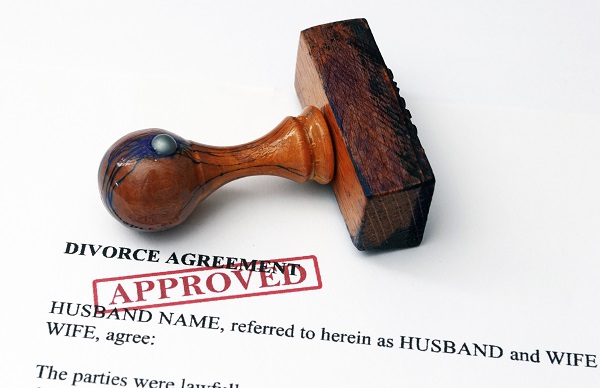Everyone knows that divorce is stressful. But being married can be worse. Freeing yourself from a spouse surprisingly can put a smile on the faces of one gender more than the other. Studies show that women are often happier following a divorce. Happier than men or just happier in general? Probably a little of both. Women often find freedom for self-discovery and just being themselves in a post-divorce world. Roughly 61% of women claim to be happier even though they are not looking for a new love interest. Let’s look at some other interesting divorce statistics.
Divorce rates are decreasing.
According to the Wall Street Journal, the divorce rate has dropped dramatically. In 2000, there were about 4.0 divorces per 1,000 people. In 2018, the rate had dropped to 2.9 divorces per 1,000 people. Some speculate this rate may rise in the next year or so due to COVID-19 stay-at-home orders.
The over-50 crowd divorce statistics are surprising.
Gray divorce is on the rise. Baby boomers are hitting the divorce courts at record rates. In fact, the divorce rate for adults age 50+ has doubled over the past 25 years.
This increase may be caused, in part, because many baby boomers divorced as young adults. Second and higher marriages typically have a greater likelihood of divorce.
However, a surprising number of gray divorces involve people who have been married for at least 30 years. The reasons for divorce vary, but some people find they have drifted apart around retirement age or when the kids become independent.
The reason millennials have a low divorce rate.
This particular age has seen a 24% decline in marriage rates since 1981. Reasons for this low divorce rate include:
- Fear of marriage because their parents divorced when they were young.
- Deciding to delay marriage to pursue other interests.
- Desire to be financially stable before tying the knot.
Obviously, they can’t get divorced if they aren’t getting married.
Who’s more likely to remarry – men or women?
According to most studies, men are more likely to remarry than women. About 65 percent of divorced men compared to roughly 50% of women. Perhaps this statistic is based on our first statistics – that women tend to be happier following a divorce
Divorce Statistics Don’t Tell the Whole Story if You Are the One Getting Divorced.
The attorneys at The Law Offices of Judy L. Burger are well-versed in divorce and the dissolution of registered domestic partnerships. Judy Burger is a California Certified Family Law Specialist and founder of the Law Offices of Judy L. Burger. Please call our offices at 415-293-8314 to set up an appointment with one of our attorneys. We assist clients in California’s Northern to Central Coast, including San Francisco, Beverly Hills, Gold River, San Diego, Santa Barbara, Ventura/Oxnard, and surrounding communities.











